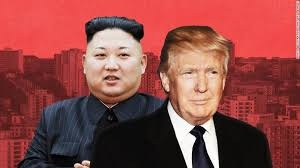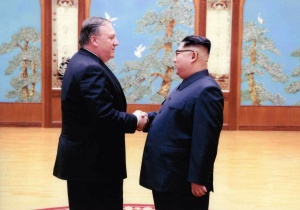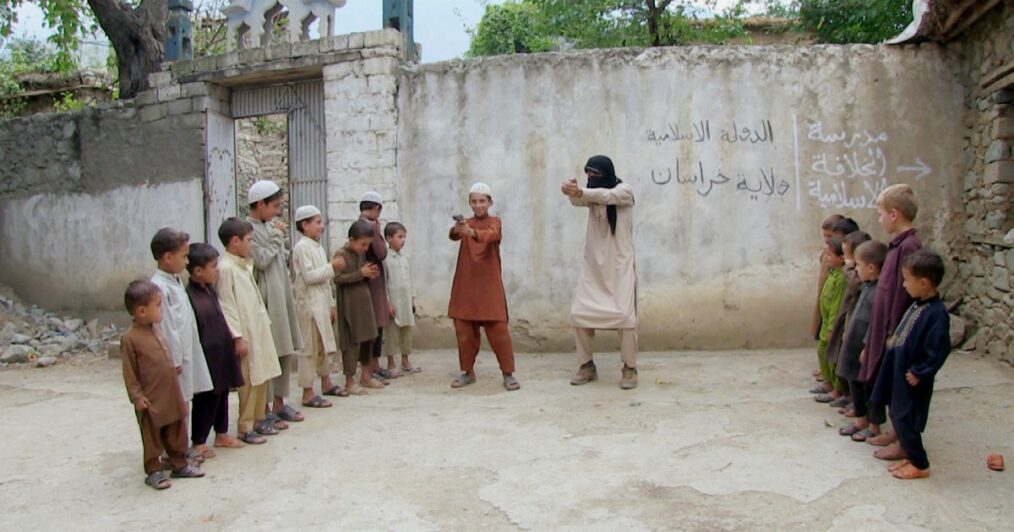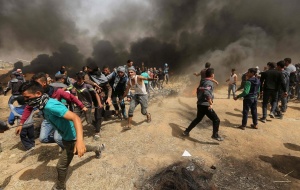
Mahmud Hams/Agence France-Presse — Getty Images
Recent violence along the border between Gaza and Israel has sparked significant international concern and condemnation. Sixty protesters of varying ages were confirmed dead as a result of violence on May 14th in Gaza, a self-governing Palestinian territory sandwiched between Israel, Egypt and the East Mediterranean Sea. In a statement on May 23rd, Nickolay Mladenov, the Special Coordinator for the Middle East Peace Process, told the United Nations Security Council that, “…the number [of dead and injured Palestinians] continues to climb.” UN figures claim that Israel Defence Forces killed more than 76 Palestinian protesters in May 2018. 3,000 more were left injured. The largest protests took place on the day the United States moved its embassy from Tel Aviv, Israel to Jerusalem. It also happened to be the eve of Nakba Day, when Palestinians remember their expulsion from specific Palestinian territories during the 1947-1949 war. The protests resulted in the most bloodshed since the 2014 Gaza war.
Protesters demonstrated for a variety of reasons but are unlikely to achieve any of their objectives. The massive demonstrations were aimed at the decision to move the United States embassy to Jerusalem, a city which Israelis and Palestinians have disputed for decades. The protesters sought to display the Palestinian desire to return to homes in Israel from which they have been prevented from returning for 70 years. Their demonstrations also called for an end to Gaza’s siege and economic isolation. The territory currently experiences high levels of poverty and is faced with the additional economic challenges of significant import, export, and travel restrictions.
According to Nathan Thrall from the International Crisis Group, “Israel, Egypt and the U.S. share an interest in containing the protests, and it is possible that they will now act with greater urgency to alleviate the humanitarian crisis.” Israel could face a variety of long-term consequences if it responds improperly or inadequately to the protests. According to Thrall, it could result in the fraying of bipartisan support in the U.S., alienation from parts of the American Jewish community, growing calls for boycotts and sanctions, the announcement by the UN Office of Human Rights that it expects to publish a database of businesses that are linked to Israeli settlements or enable and support their establishment, expansion, and maintenance and the warning in April from the chief prosecutor of the International Criminal Court (ICC) that, “Violence against civilians, in a situation such as the one prevailing in Gaza, could constitute crimes under the Rome Statute of the ICC, as could the use of a civilian presence for the purpose of shielding military activities.”
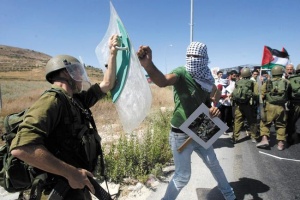
AP Photo/Nasser Ishtayeh
It is possible that given international responses to the violence in Gaza, the three countries will work in close coordination to expand their efforts to address the conflict and the issues that allowed it to flourish. According to reports from Arab media, Egypt offered to make concessions to Hamas in exchange for their agreement to dampen protests. According to Thrall, these included, “…expanding the area in which Gaza fishermen are permitted, opening Egypt’s crossing with Gaza on a regular basis, increasing imports of fuel and goods through the Kerem Shalom crossing with Israel, and allowing greater numbers of medical patients to be treated in Israel and the West Bank.” The progress these steps represent is substantial. Actors involved in the conflict should adopt similar measures aimed at improving conditions in Gaza as well.
According to UN Special Coordinator for the Middle East Peace Process, Nickolay Mladenov the international community should take the following steps: prioritize the identification, facilitation, support, and acceleration of crucial infrastructure projects. Second, the UN and other international bodies should work alongside the Palestinian Authority, Israel and Egypt to alleviate economic burdens on Gaza. Third, all parties should be ordered to abide by the terms of the 2014 ceasefire. The envoy said such steps would facilitate, “…the unification of Gaza and the West Bank under a single, democratic and legitimate Palestinian authority in line with the Quartet Principles, and an end to the occupation and resolution of the wider Israeli-Palestinian conflict (UN News).”
Actors engaged in the conflict directly and the international community alike should take steps to de-escalate tension, prevent further loss of life, and make real moves toward a political settlement. Gazans should be permitted to protest peacefully without being threatened by Israeli forces. Israel must stop using excessive or lethal force against unarmed protesters. Such actions provoke severe upticks in hostility amongst Palestinian protesters who may, in turn steel themselves for more aggressive activity. Israeli military officials should be permitted to protect their border from hostiles posing existential threats to them and Israeli civilians. According to sources from the Israeli army, Palestinians threatened border officials during the protests by hurling firebombs, planting explosives, and flying flaming kites. Protest organizers must prohibit such activity. They must ensure that demonstrations remain peaceful. Failure to do so will yield further loss of life, more injuries, and delays on the way toward peace.
Palestinian leadership and Israel should agree on a comprehensive ceasefire including a dialogue about peaceful governance and the free flow of goods and services between Gaza and Israel. Further, Hamas and Israel should take steps to exchange detainees captured during the last few decades of hostilities. Such confidence-building measures have the potential to be productive and lead to increased cooperation in the future. The European Union should support the government of Gaza as long as it respects the ceasefire with Israel and refrains from supporting groups, individuals, or entities that threaten Israel.
Israel and other international actors should also take steps to address the dire humanitarian situation in Gaza. Improved living standards there would do much to eliminate despair and hostility toward Israel, two conditions upon which violent extremist groups feed. International actors with economic influence over Israel, Egypt, and the Palestinian Authority (PA) should strongly urge the three to relax their economic pressure on Gaza. International organizations who have supported the PA in the past could improve the situation in Gaza by investing in infrastructure projects with prospects for long-term benefits for Gazans. A greater part of the budget should be apportioned to essential goods and services like sanitation, health facilities, trash disposal, and clean drinking water. Israel could stop providing the PA with tax revenues and instead use its money to fund projects such as these directly. Developing an environment in which jobs abound is crucial.
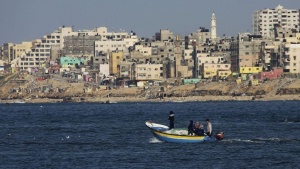
(AP Photo/Adel Hana)
The UN Special Coordinator said the Middle East Quartet (the UN, European Union, United States, and Russia) continues to play a vital role in monitoring and mediating the conflict. As stated in a UN News report, the quartet remains, “…a key forum for resolving the conflict, including within the broader regional context (UN News).” Special Coordinator Mladenov concluded his remarks to the UN Security Council on May 23rd by saying “We must continue to work together to achieve a peaceful future for all the people of this troubled land.” The Israeli-Palestinian conflict has persisted for decades. Unless steps are taken to improve relations between local Palestinian governments and Israel, it will endure. Recent flare-ups may have reminded the international community of the importance of cooperation to address the conflict’s serious challenges. With time and steadfast resolve, the international community will make progress. The first steps to peace, however, must come from within Palestine and Israel.





